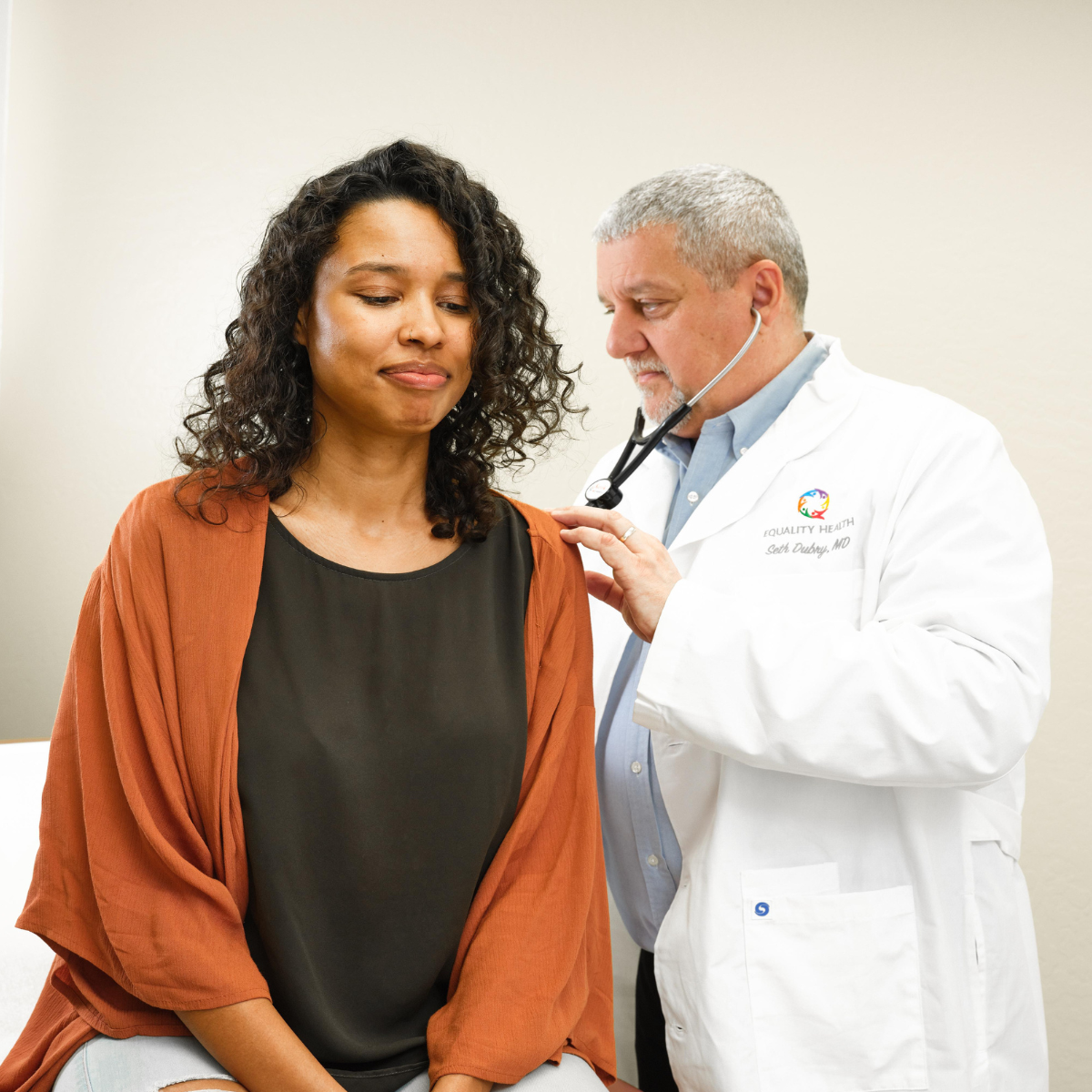To understand a little more about how your heart works, you can compare it to the engine of a car. The heart is the source of all movement generated in your body and similar to how an engine fuels a vehicle.
Unlike car engines that can be easily replaced, your heart is not. The moment it stops working, your life comes to an end. This makes any repairs to your heart difficult and risky. It’s in your best interest to have healthy habits that support your “little motor” and make certain it runs at a constant rate and in good form.
Cardiovascular diseases (ailments that affect your heart or blood vessels) are the leading cause of death in the U.S. According to the American Heart Association, a person dies every 39 seconds due to a disease related to this organ. This illustrates how important it is to take care of your heart so it continues as a healthy life force.
Medication Time
If your doctor has prescribed medications for a disease or condition that affects your heart, it is your responsibility to take each prescription correctly. Remember that it is essential for you to contact health care providers regarding any questions you may have about your medications and their potential side effects. Health care professionals need your feedback to understand how your body responds to the treatment and make adjustments if necessary. Medications for cardiovascular diseases have been proven to help increase your life quality, so it is crucial that you take them exactly as prescribed.
Forgetting a dose or overmedicating may cause serious problems. Not taking medication as instructed is one of the most common reasons why people with heart problems are hospitalized.
“In most cases,” said Dr. Mark Stephan, Chief Medical Officer at Equality Health, “medications prescribed to relax the heart muscle or to lower high blood pressure have been prescribed for life, so it is important to take the prescribed medications every day for the rest of your life in a disciplined manner in order to avoid the first heart attack or a second one or a stroke.”
Healthy Habits Make Healthy Hearts
Stress is one of the factors that have negative effects on your heart. You can reduce stress in the following ways:
Plan ahead. Allow yourself enough time to complete your daily tasks, which can significantly reduce your daily stress levels. A list of goals helps you focus on your most important tasks and large projects and accomplish them.
Sleep more. Try to rest between six and eight hours every night.
Worry less. Leave your worries aside. Take a break and breathe. Your heart will thank you.
Laugh a lot. Laughter makes everyone feel good. Don’t be afraid to laugh loudly, even when you feel you can’t do it much longer.
Cultivate friendships. Remember that a daily dose of friendship is great medicine. Take the time to talk to your friends and family and catch up with each other.
Give of yourself. Practice giving to others. You can spend time volunteering or helping a friend. Helping others ultimately helps you in the long-run.
Be active. Exercise releases mental and physical tension. Finding a physical activity you think is fun and doing it frequently strengthens your heart while enjoying yourself.
Fall in love. A hug or holding hands produces a feeling of happiness, which reduces stress. Married people have a lower mortality rate than single people, and a happy marriage can lower your blood pressure. Thinking positively about your partner can increase your energy. You can exercise together and take care of each other’s health.
Cultivate hope. Positive thinking can reduce stress, improve outcomes in your life and build satisfaction. It also can help your heart. The most optimistic participants in a recent study were less likely to have a history of heart attack, heart failure, diabetes and chronic kidney disease.
Be honest. If you think you may have a problem with heart disease, don’t ignore the symptoms. Discuss your concerns immediately with your primary care physician.
If you don’t have a primary care physician, you can use our provider directory to locate providers in Arizona and California that are part of the Equality Health Network.




